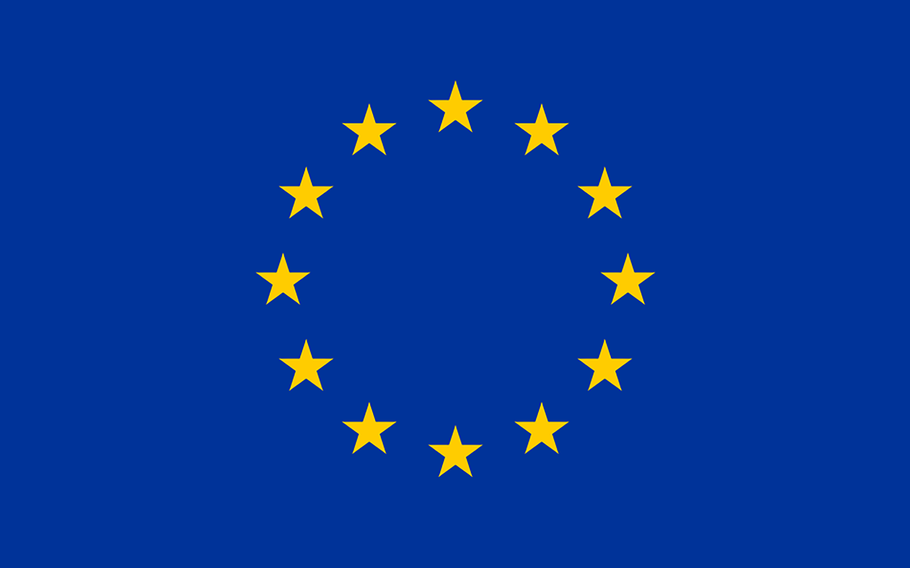
(Facebook)
Abraham Lincoln’s observation, “You can fool some of the people all of the time, and all of the people some of the time, but you cannot fool all of the people all of the time,” aptly captures a sentiment sweeping across Europe. The European Union, a grand experiment with current and aspiring member states once lauded as the harbinger of a unified and progressive continent, now faces a reckoning. As Europe’s political landscape evolves, recent elections reveal a resounding shift toward conservatism – a clear sign of the electorate’s desire for change that honors tradition and national sovereignty.
Georgia’s illusions unraveled
The decline of democratic freedoms in Georgia, pursued under the guise of liberalism, is indicative of a worrisome trend on the Continent. The systemic targeting and persecution of pro-EU figures and the suppression of independent voices has exposed the autocratic underbelly of so-called liberal governance. As but one illustration, the resurrection of a “foreign agent law” that mirrors the authoritarian tactics employed by regimes far removed from the progressive values they claim to represent has elicited sizable protests in Georgia. The legislation, which is practically identical to a law enacted in Russia under Vladimir Putin, has been defended by the Kremlin. The bill requires that organizations drawing more than 20% of their funding from overseas register as “agents of foreign interests.”
Such measures come as little surprise in a country where former President Mikheil Saakashvili is serving a six-year sentence as a political prisoner – a detainment that reflects his country’s vendetta and grievance-based decision making. Indeed, his unlawful detention is a prime example of Georgia’s embrace of corrupt practices. Saakashvili’s pro-Western stances challenged Russia’s influence in Georgia and his anti-corruption drive targeted the entrenched interests of powerful Georgian oligarchs, disrupting the status quo and threatening their influence.
Additionally, two-thirds of the Cabinet that worked under the former president are now in exile or living under the threat of jail time, including the former Minister of Defense Davit Kezerashvili, who is facing prosecution under charges that were never found true. These developments illustrate the decline of democracy in Georgia, where international justice systems such as Interpol are abused in order to ensure political oppression.
But countries across the Continent are regrettably not immune to these disturbing trends, or the corresponding opposition to political order.
The North Macedonian momentum
In North Macedonia, the rising fortunes and anticipated victory of the VMRO party in the upcoming parliamentary elections reflects a broader electoral disillusionment with years of stagnation and corruption and a yearning for a return to competent governance. The party’s lead in the polls signifies a pivotal moment for the nation, suggesting a collective desire to reassert national values and interests over external pressures to overcome malfeasance and ineffectual governance.
It’s hardly a surprising turn.
The tenure of the current government under the Social Democratic Union of Macedonia (SDSM) has been marred by misconduct. A particularly contentious move from the SDSM was the introduction of a law that effectively shielded many government officials from corruption charges. But the domestic maneuvering did not dupe international observers. In one high profile case, the U.S. State Department blacklisted and sanctioned North Macedonia’s former special chief prosecutor, Katica Janeva, in addition to Stevco Jakimovski, the mayor of Skopje’s Karposh municipality and more recently a presidential candidate, due to alleged corrupt practices.
In this context of national disarray, the emergence of VMRO as a political front-runner in North Macedonia is a clear indication of the public’s preference for policies that prioritize national integrity, economic stability, and the safeguarding of cultural heritage. Additionally, while Bulgaria’s demands to include the Bulgarian minority into North Macedonia’s Constitution are precluding Skopje from gaining EU membership, the situation is likely to change under new leadership. A pro-EU VMRO is well-positioned to successfully conclude European negotiations given the considerable corruption that has discredited Sofia’s demands.
Bulgaria’s warning
Bulgaria’s descent into what is essentially a mafia state underscores the catastrophic outcomes of unchecked policies. The entanglement of state power with criminal enterprises reveals a break with democratic ideals, suggesting a failure of populism to protect and promote the welfare of its citizens.
The pivot toward competence in European politics, illustrated by VMRO’s rise in North Macedonia, is not a rejection of progress but a clarion call for a reassessment of the direction in which European unity and identity are headed. The shift represents the public’s unwillingness to tolerate corruption and incompetence any longer and is a call for transparent leadership.
As the Continent contemplates its future in an election year, the wisdom of Lincoln’s words serves as a reminder that Europe’s strength rests in its diversity and the people’s ability to discern the type of governance that best serves their interests. The anti-corruption wave sweeping the Continent is not a step backward but a move toward reasserting the core values that should define Europe – sovereignty, democracy and European integration.
Ivan Sascha Sheehan is the associate dean of the College of Public Affairs and past executive director of the School of Public and International Affairs at the University of Baltimore. Opinions expressed are his own.